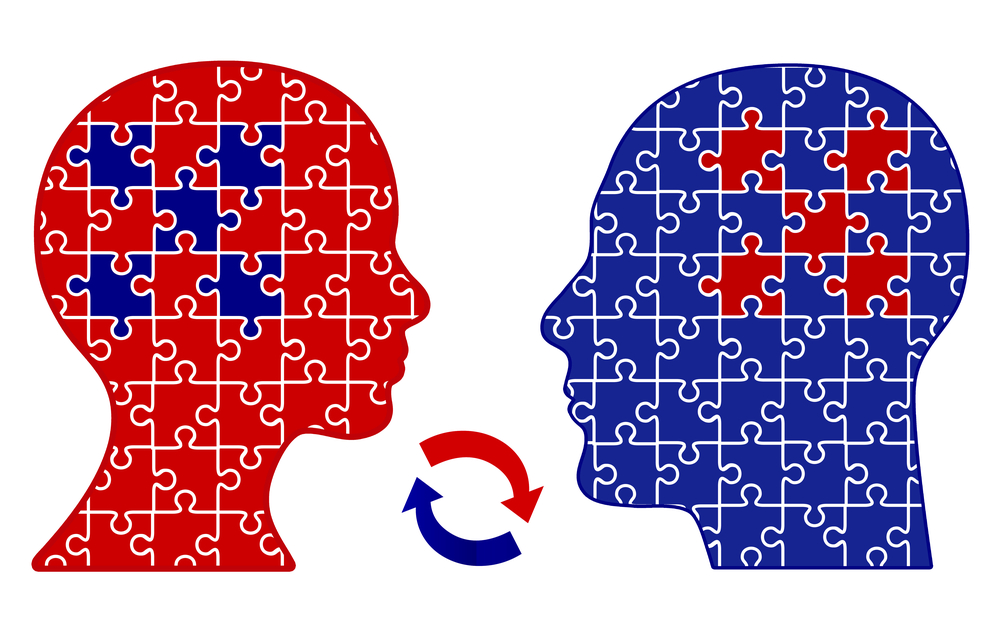Raising Empathy
Last year, after the media released the picture of a Syrian boy lying lifeless on a beach, a lot of people donated money to help with the Syrian crisis. But, do people really need to see death and devastation on the news or social media in order to feel empathy and compassion for people in need? Empathy and compassion are feelings that people could always have without the intervention of morbid pictures and tragic stories. In fact, there are several other ways to increase empathy and compassion among people, encouraging them to help those who live in humanitarian crises.
First and foremost, even though empathy and compassion are innate human traits, parents can help their children to develop them. If parents use empathy and compassion in raising their children, these feelings will be naturally expressed in their adulthood. For instance, parents could validate their children’s emotions by saying, “I know you are sad because your favourite toy is broken. I know you loved it. I will miss it too,” instead of saying, “Do not cry. It is just a toy.” If parents show their children that they understand how their children feel and try to sympathize with them, their children will feel empathy for others and will treat them compassionately, too.
In addition to parents, the media can assume a constructive role in increasing people’s awareness of humanitarian crises, hence leading to a greater sense of empathy and compassion in their audience. However, instead of only exposing the public to morbid photos, whose effects are usually transient, the media need to show how people who were once treated compassionately have decided to give back to their community. For instance, media could focus on broadcasting successful stories of people who were once in need and how selfless helpers improved their quality of life. They could produce a documentary that narrates the story of a successful lawyer who was orphaned in a war and was later adopted by a loving family, a lawyer that has now decided to pay it forward by helping his or her community.
Finally, non-profit and non-governmental organizations can play a role in awakening a sense of empathy and compassion since people could directly work with those who are in need. For instance, Doctors Without Borders is an international non-governmental humanitarian organization that provides medical attention and treatment in developing and war-torn countries. The individuals working for this NGO not only practice and strengthen their own sense of empathy but also raise empathy and compassion in the people whom they serve by disseminating seeds of empathy in their hearts.
In conclusion, even though people do not need to learn how to feel empathy and compassion, it is necessary to help them to appropriately develop and demonstrate these feelings. The Syrian boy would not have lain lifeless on the beach, if more people had demonstrated their empathy for the people devastated by the Syrian civil war, in the first place.


